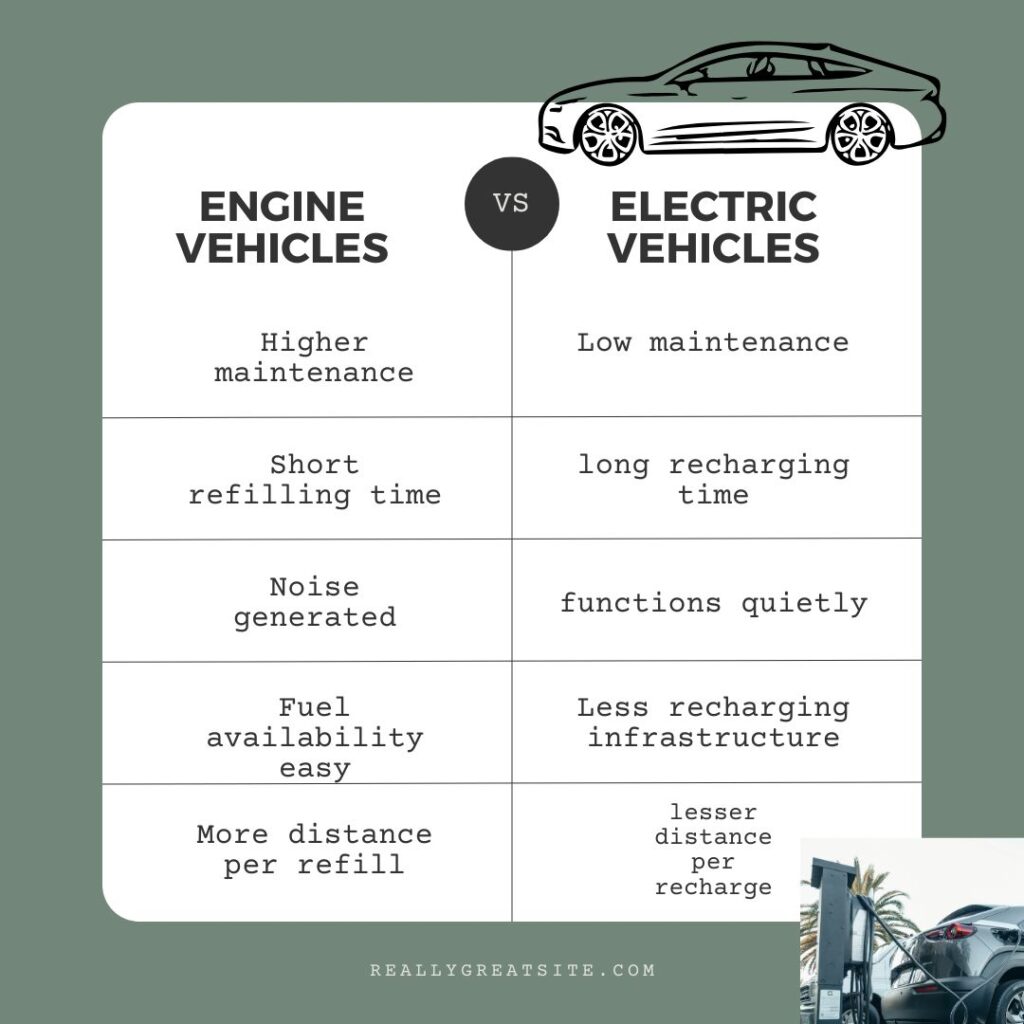The number of new Battery Operated Vehicles in the country has gone up more than three times since 2021, but they might not be all that sustainable.
Though sales of battery-operated vehicles have been going up across the world, research suggests that Electric Vehicles (EVs) are not as environmentally-friendly as they seem. A study by San Jose State University indicates that the batteries in the EVs are not really sustainable.
The study points out that the energy required to produce batteries, emissions in producing batteries and energy and environmental consequences in recycling consumed batteries, continue to be a major cause of concern.
Indian researchers, too, agree with the findings of the study. One expert said that the problems with EVs will be evident after a decade when problems with the availability and disposal of batteries become more evident. Dr. Furqan Ahmad Bhat, a researcher at Indian Institute of Science (IISC) Bangalore said, “There are issues with the availability of lithium which is an essential element in the production of Lithium-ion batteries.The problem with these batteries is not just with the availability of the components but also with the disposal,” he added.
The data by Parivahan Department of Ministry of Road Transport and Highways says that the number of EVs on Indian roads has gone up from 3.3 lakhs in 2021 to 13.2 lakhs in 2023 so far. A total of 8,000 battery operated four-wheelers, 1.25 lakh two-wheelers and 5,000 three-wheelers have been sold in Karnataka in 2023, so far.
The government, as part of its efforts to achieve the net zero target by 2070 has been promoting electric vehicles. According to a report by NITI Aayog, India’s EV market is expected to grow at a compound annual growth rate (CAGR) of 49 percent from 2022 to 2030. India is taking rapid strides towards achieving its target of 30 percent EV market share by 2030.
Electric vehicles have been touted as an environmentally safer option as compared to vehicles that use conventional fuels like petrol and diesel. However, experts say that although electric vehicles produce less carbon footprint as no fuel is burned in EVs, it is incorrect to say that EVs are completely ‘environment friendly’.
Mr. Shri Prakash, professor of Sustainable Mobility at TERI School of Advanced Studies said, “It is true that as far as carbon emissions are concerned, electric vehicles produce much less as compared to conventional fuels but this is only one side of the story.
Electric vehicles require a great amount of electricity/ energy to function and in most places, the source of energy is fossil fuels. Until we switch to carbon-free ways of electricity generation, even electric vehicles will lead to a significant share in polluting the environment.”

In 2013, India unveiled the ‘National Electric Mobility Mission Plan (NEMMP) 2020’ to make a major shift to electric vehicles and to address the issues of national energy security, vehicular pollution and growth of domestic manufacturing capabilities.
Users of electric vehicles say that apart from the environmental benefits, they prefer EVs for several other reasons. Amlan Rout, an electric vehicle owner said “EVs are convenient to use, they create almost no noise and are also cheaper in the longer run. That is why I chose to buy an electric vehicle over others.”
On November 13, Gogoro, the Taiwanese two- wheeler manufacturing company has announced the launch of its new cross-over electric scooter in India.
With a substantial increase in demand of EVs almost all major automobile companies are now coming up with new models of battery operated vehicles.




